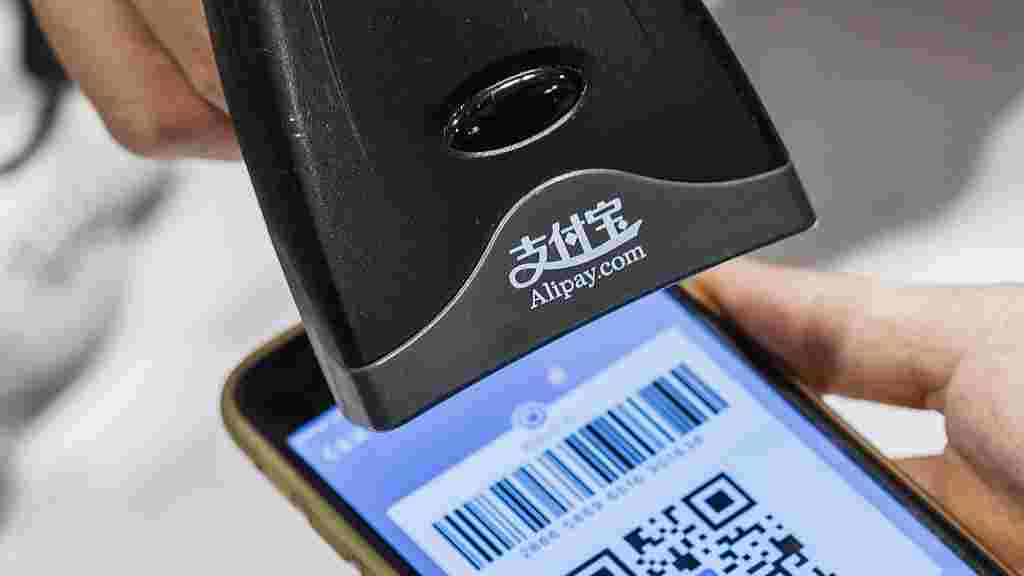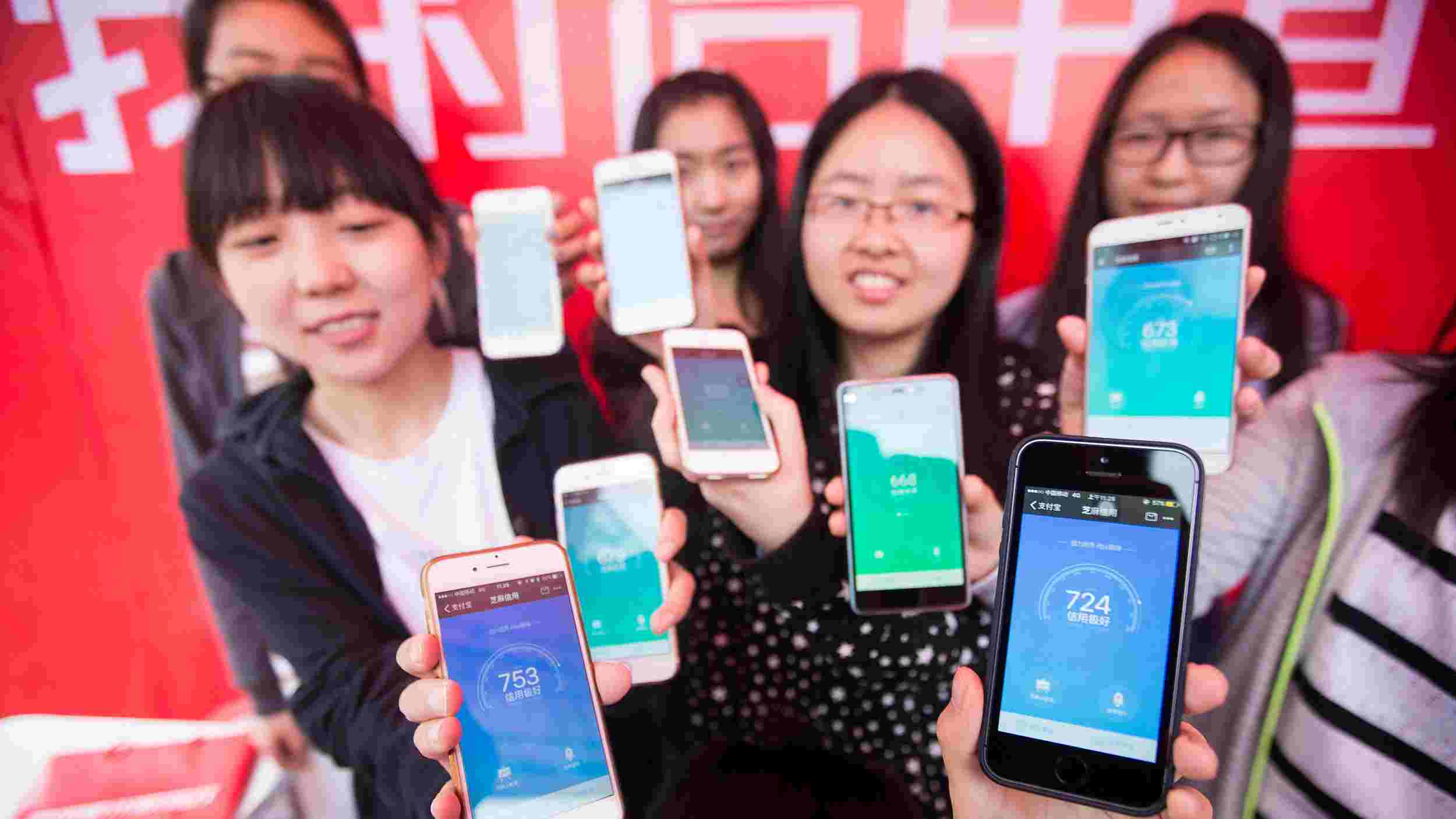
Money Stories
17:54, 28-Jan-2019
Fintech and social credit: Benefits, challenges, risks
Updated
21:50, 28-Jan-2019
By Yang Yutong
00:52

Fintech (financial technology) is set to transform financial services, profoundly impacting the social credit system and the way we do business.
Fintech employs innovative technologies in the design and delivery of financial services, including digital payments, online banking, peer-to-peer lending -- all energized by artificial intelligence (AI) and big data. People's lives are facilitated and China's economy is stimulated.
Leveraging fintech, China is now developing a nationwide social credit system, which will assign a "credit score" to every citizen and business in China based on its financial and social behavior.
Fintech and social credit complement each other. For example, big data analytics help establish credit profiles by collecting and analyzing information relating to people's online activities, such as shopping, reading preferences, eating habits, even social media activity.
And this credit profile will in return be an important indicator for banks, when issuing loans, to consider the creditworthiness of potential borrowers. However, some are concerned that all this may lead to an erosion of privacy. Some are skeptical that the data may not always be reliable and safe.

Graduates seeking employment show their credit scores in a job fair held in Hangzhou. /VCG Photo
Graduates seeking employment show their credit scores in a job fair held in Hangzhou. /VCG Photo
China's fintech and the social credit system must develop in concert. However, China is confronted with profound social and personal concerns. For example, can the social credit system reflect fully and truly the behaviors and attitudes of individuals? What is the boundary between information collection and privacy infringement? How can regulators ensure privacy protection when seeking public security? Fintech must be regulated because its power is startling and its speed is stunning.
As the world's largest e-commerce market, China is pioneering fintech and must at the same time build a sound social credit system. The outcome will be critical for China and the lessons may prove useful to other countries.

SITEMAP
Copyright © 2018 CGTN. Beijing ICP prepared NO.16065310-3
Copyright © 2018 CGTN. Beijing ICP prepared NO.16065310-3